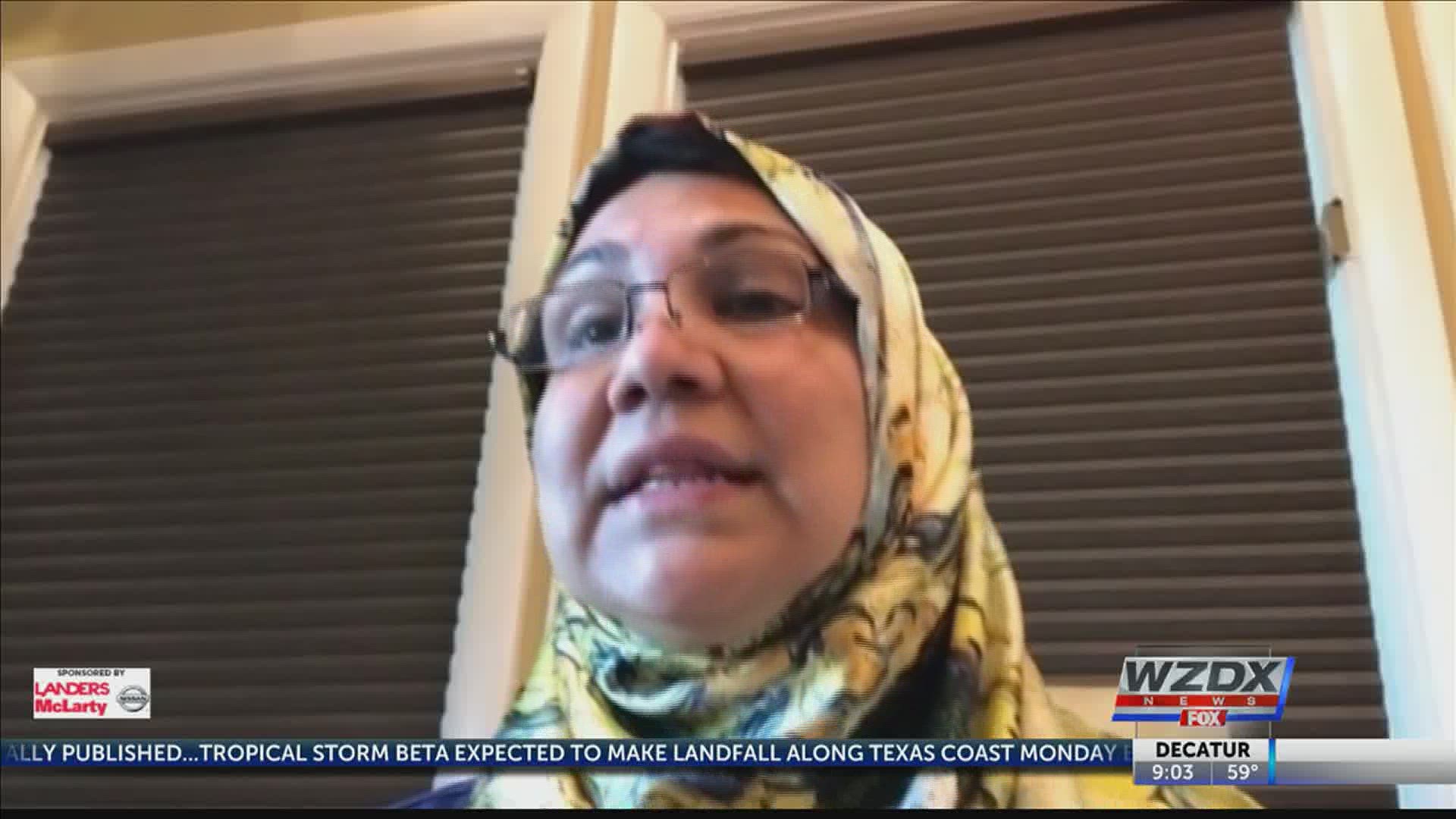HUNTSVILLE, Alabama — If you come down with COVID-19, odds are you'll have a fever, body aches, and shortness of breath. While these symptoms usually go away, there are potential long term effects of the virus, too.
Huntsville Hospital Infectious Disease Specialist, Dr. Hafsa Siddiqui, said, "As the pandemic continues, we are learning that many people who experience COVID-19 are enduring long term health effect consequences called Post Viral Syndrome."
People can experience these effects weeks or months after getting over the virus.
"What we see is patients complaining that they are having disturbances in their sleep cycle, temperature regulation, like having fevers, behavioral disturbances, and chronic fatigue," said Dr. Siddiqui.
Many organs, besides the lungs, can be affected by COVID-19 including blood vessels, the brain, and the heart.
Dr. Siddiqui said, "COVID-19 can affect muscles of the heart called myocarditis. It can cause inflammation of the surrounding of the heart, which is the heart membrane called pericardium causing pericarditis."
Even mild COVID-19 cases can cause problems later.
"I would recommend if somebody is experiencing long term effects or symptoms and they're not recovering as expected, then they should consult with their primary care physician, perhaps get a physical examination done and some blood work to evaluate those further," said Dr. Siddiqui.
RELATED: 'We just want help': Portland woman recovering from COVID-19 dealing with post-viral health issues
If you do experience post viral fatigue, one treatment is to get moving.
"The only thing that helps with viral infection associated with fatigue is aerobic exercise," said Dr. Siddiqui. "The more you sleep, the worse it gets."
The best way to prevent all of this is to not get the virus. Stay six feet away from others, wash your hands often, and wear your mask.
WATCH: Many severe COVID-19 patients experiencing kidney failure

